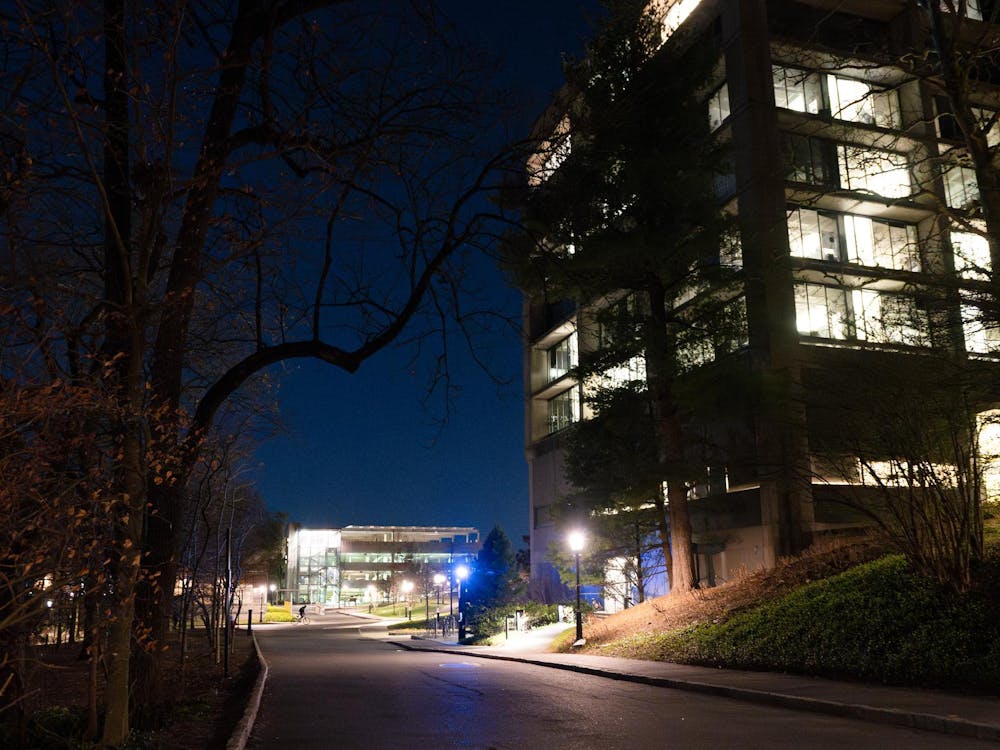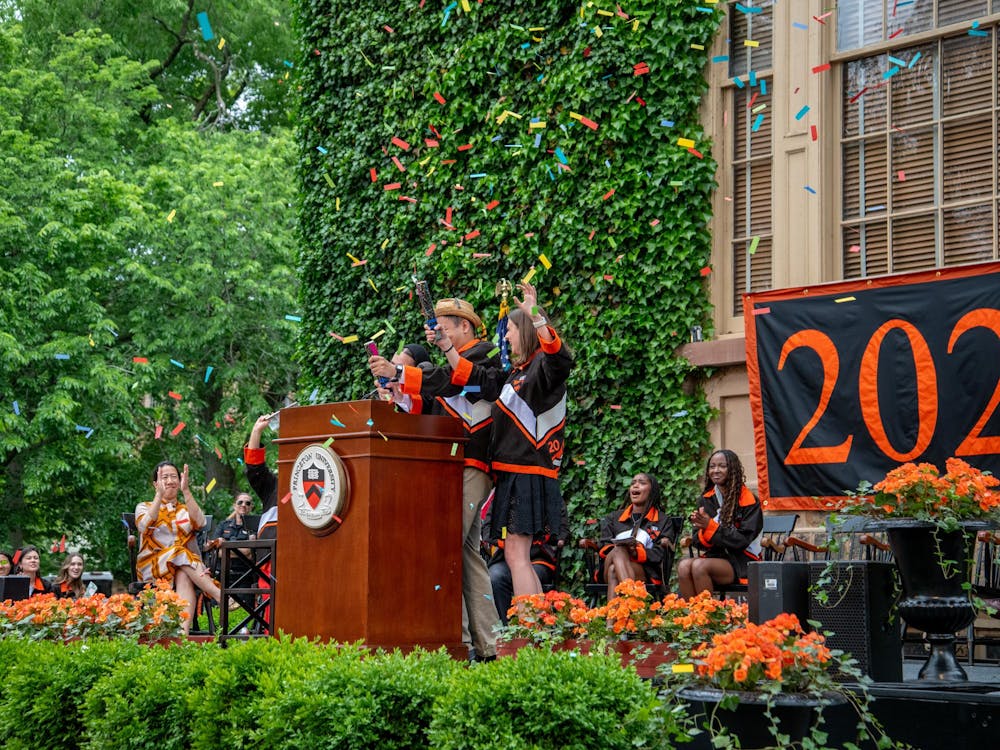At Princeton, however, nostalgia doesn’t play by any of these rules. As the year winds down with all of its closing rituals — the end of classes, the hoopla of Lawnparties and Houseparties and the panic about what to do with all the stuff in piles around your room — no one’s thinking about mid-century advertising execs and their busty secretaries. Instead, we’re wondering just where these past few months went. Why does that class you dropped on the day of the deadline feel like something you took first semester? How did Intercession become spring break become Lawnparties become … now? When did we get so “old”?
As a freshman, one of my most nostalgic moments was prefrosh weekend, and I imagine this is a reaction shared by upperclassmen, even those for whom high school is little more than a distant memory. As college students, we’re barely older than the prefrosh, at least in the grand scheme of things, but something about that time of life is “awww”-inducing. As I showed my prefrosh the futon and listened to her talk about her other options, it was easy to recall my own senior year: senior beach trips and posed prom pictures and the feeling that the world was finally going my way.
That end-of-high-school freedom is profoundly different from where I am now, a world where grades and schoolwork matter again. And maybe that is the key to nostalgia: It’s a feeling that you can remember, but never quite reach again, those special moments. It’s why the freshmen are “awww”-ed at during their freshman-week ignorance by upperclassmen, why juniors smile when sophomores finally declare their majors, why alums ask seniors if they’re excited for graduation. These are moments that those older than you can remember but not quite relive.
This helps, perhaps, to explain the fanfare of Reunions. Though I’ve yet to experience their debauched glory, even mentioning them elicits smiles from my upperclassman friends, and they’re all alums can talk about if you happen to stumble upon one outside of the Orange Bubble. Essentially, though, any reunion is institutionalized nostalgia, a time to remember four years of your life for the rest of your life. But what is interesting about Princeton’s approach is that it roots out nostalgia even in the current students, making them nostalgic for the year that has just slipped by, for events that have just occurred and even, strangely, for the moments to come.
The same is true of more recent events. As you read this column, your friends are probably uploading pictures from the weekend. There you are in formalwear; there you are in various stages of undressed formalwear; there you are with your 12 popped collars listening to Childish Gambino. These events happened just this past weekend, but already, as the demands of reading period set in, it seems like another era. The champagne-littered lawn of Tiger Inn might as well be the mod set of “Mad Men” for all that it feels like the Princeton campus now. Suddenly, the school year feels like it’s really ending, even though it hasn’t yet.
And if you want to wallow in nostalgia about recent events, software makes it easy. Programs like Instagram allow you to add a yellow, washed-out tinge to your pictures that smacks of days gone by. The joke, of course, is that even as the pictures look decades old, you can upload them to Facebook as you take them. Instagram is thus both nostalgic and of-the-moment. And it’s worth mentioning that Facebook bought Instagram last month for $1 billion, despite the fact that Instagram brings in no revenue. Why make that kind of business deal? Because even as Facebook is about staying up-to-date with friends, it is also about remembering — and sometimes, like at the end of the Princeton year, those two ideas are almost interchangeable. Almost as quickly as moments happen, they are over, remembered only in Facebook picture comments.
If Gopnik is right about one thing, it is that nostalgia is a part of Princeton culture. Perhaps it’s something to do with our age, with the time constraints of a school year or with our unique Princeton traditions. But whatever the reason, nostalgia at Princeton doesn’t quite work around 40-year cycles; instead, it works around our own unique traditions and the end-of-year sense that even as things are happening, they are slipping away.
Cameron Langford is a freshman from Davidson, N.C. She can be reached at cplangfo@princeton.edu.







